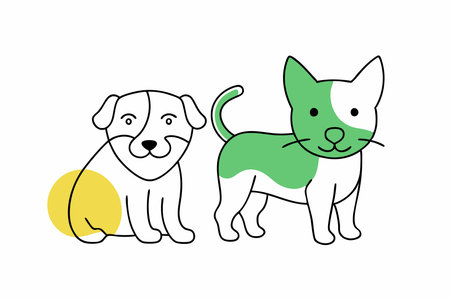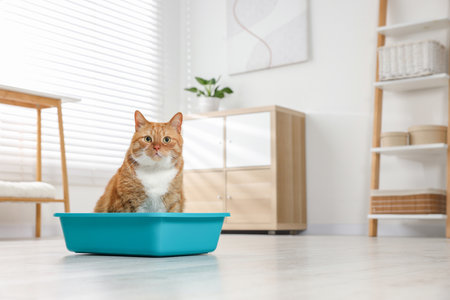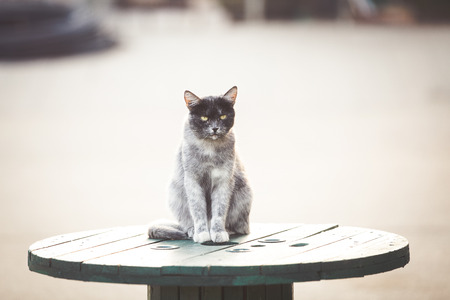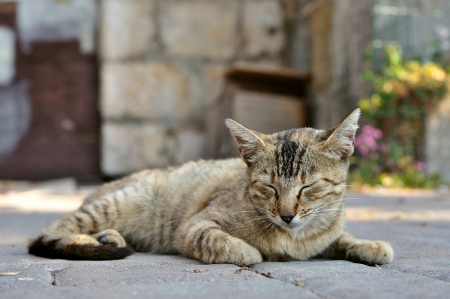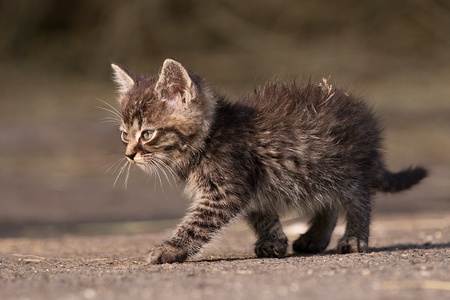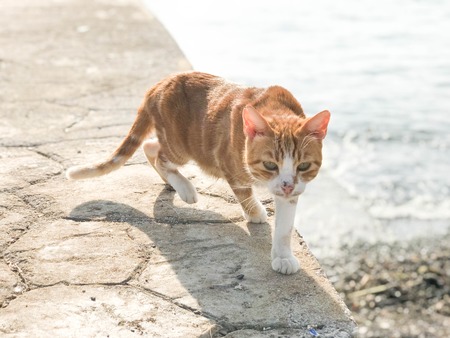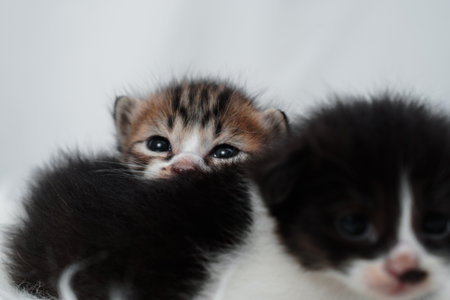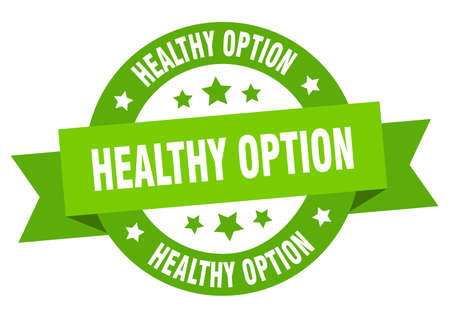How the British Weather Affects Your Cat’s Feeding Needs
Introduction to British Weather and Cat CareIf you’ve ever spent a year in the UK, you’ll know that British weather is truly in a league of its own—one moment it’s drizzle, the next it’s glorious sunshine, and before you know it, you’re reaching for your brolly again. This ever-changing climate shapes not only our daily…
